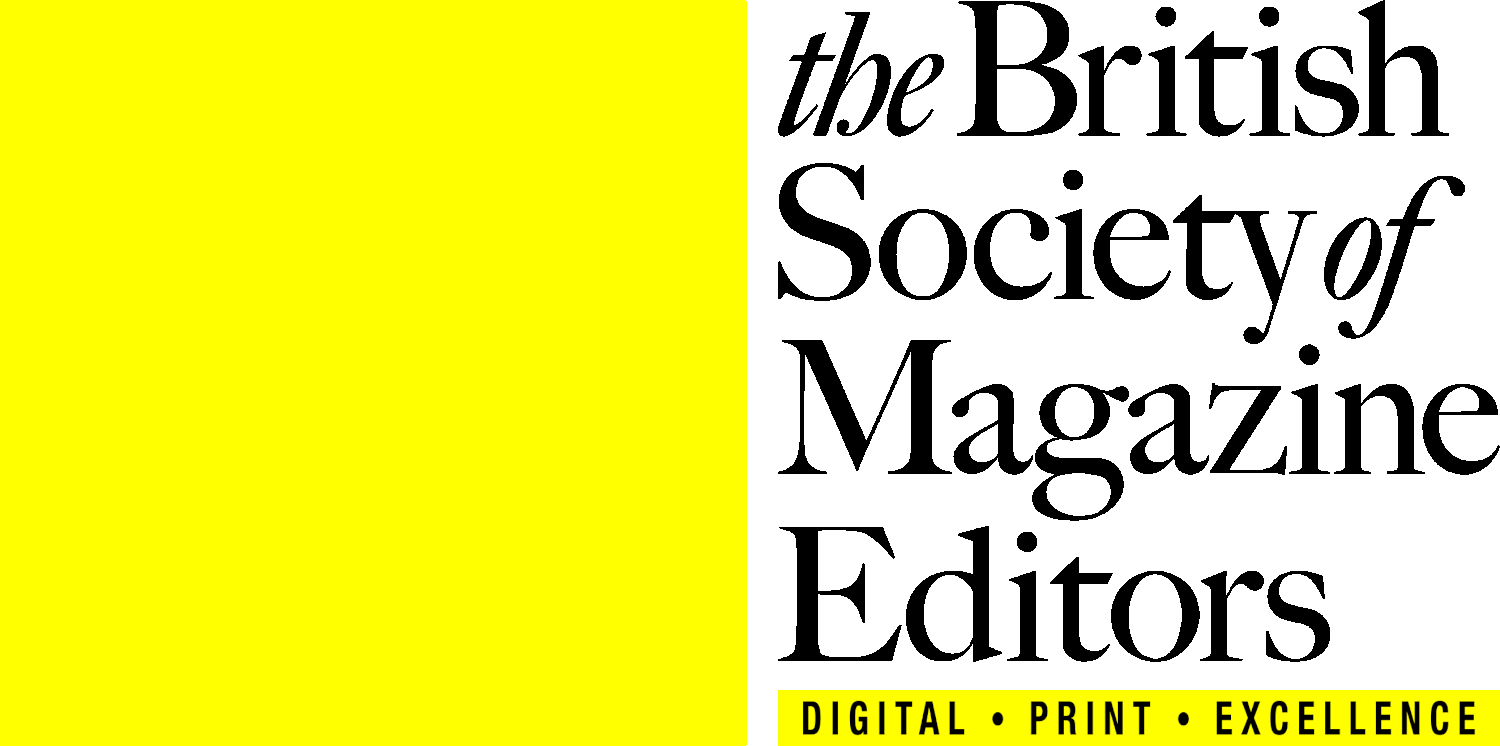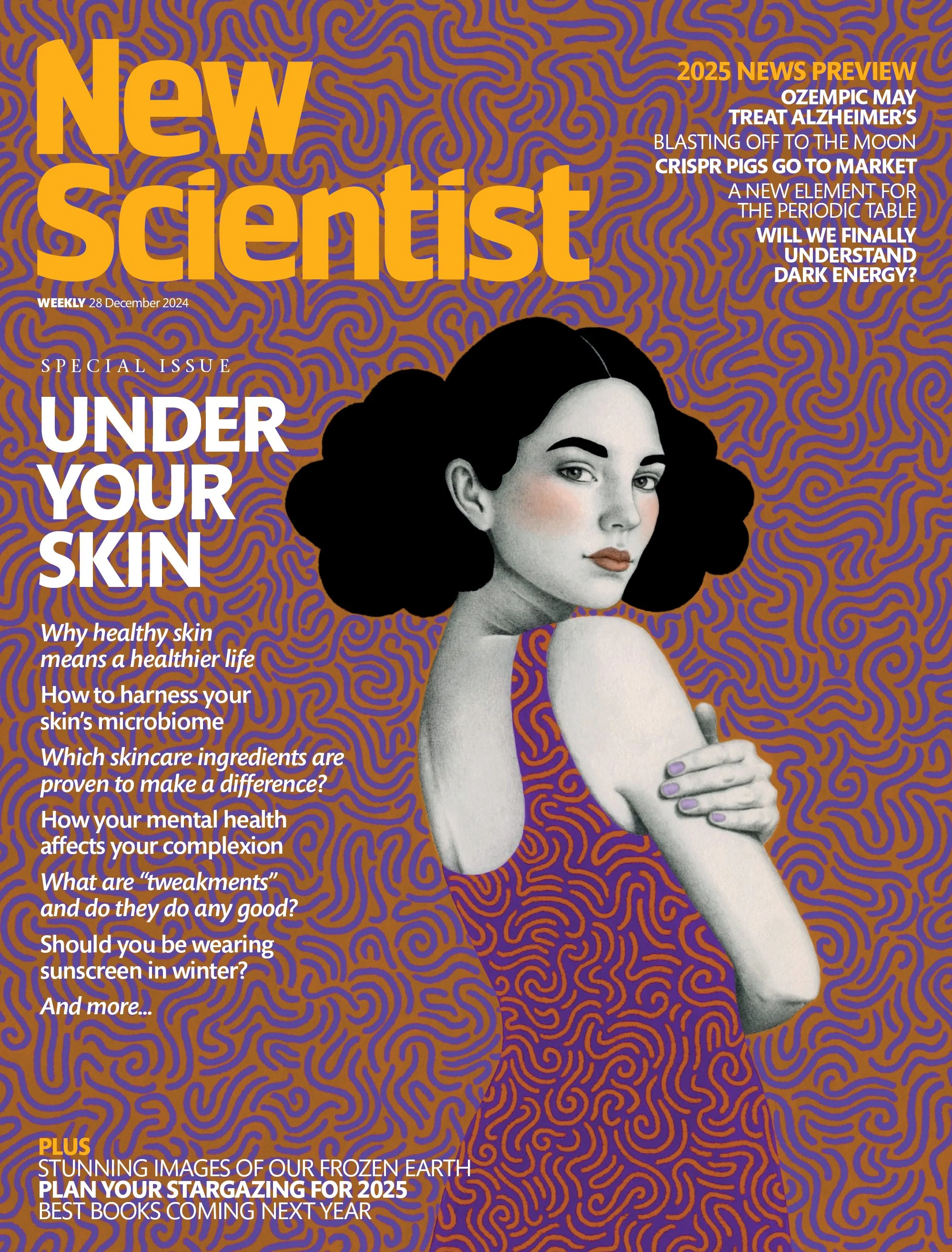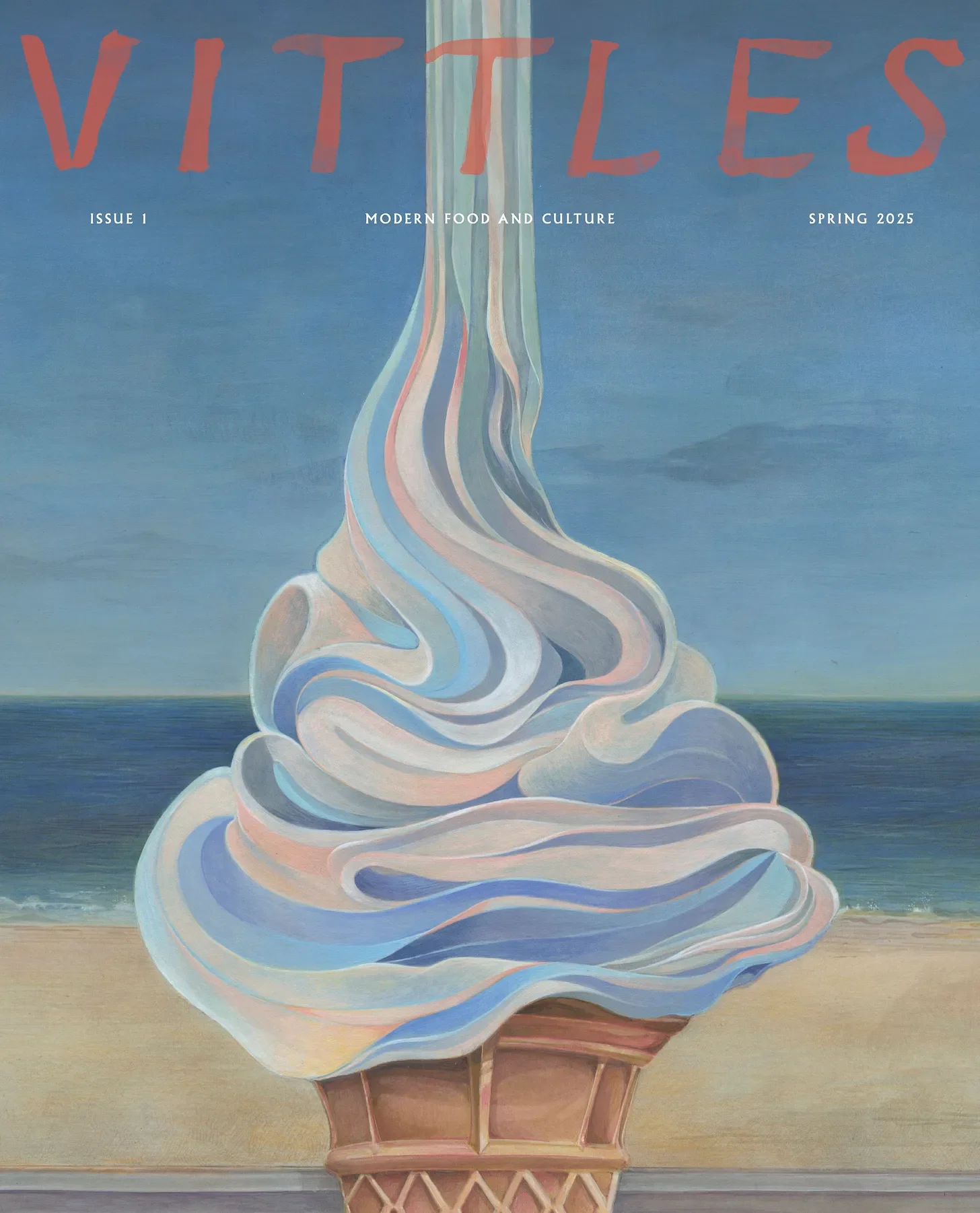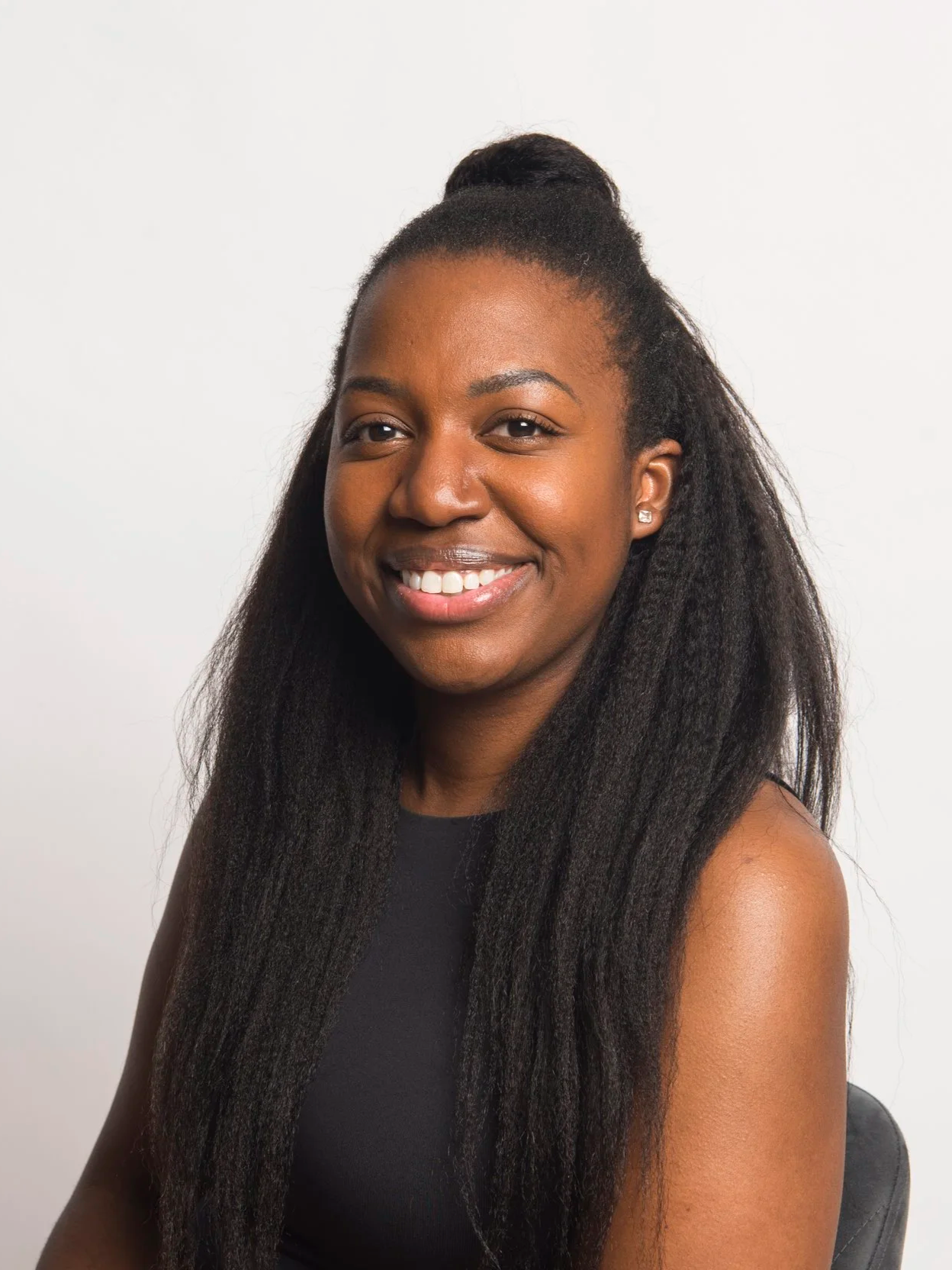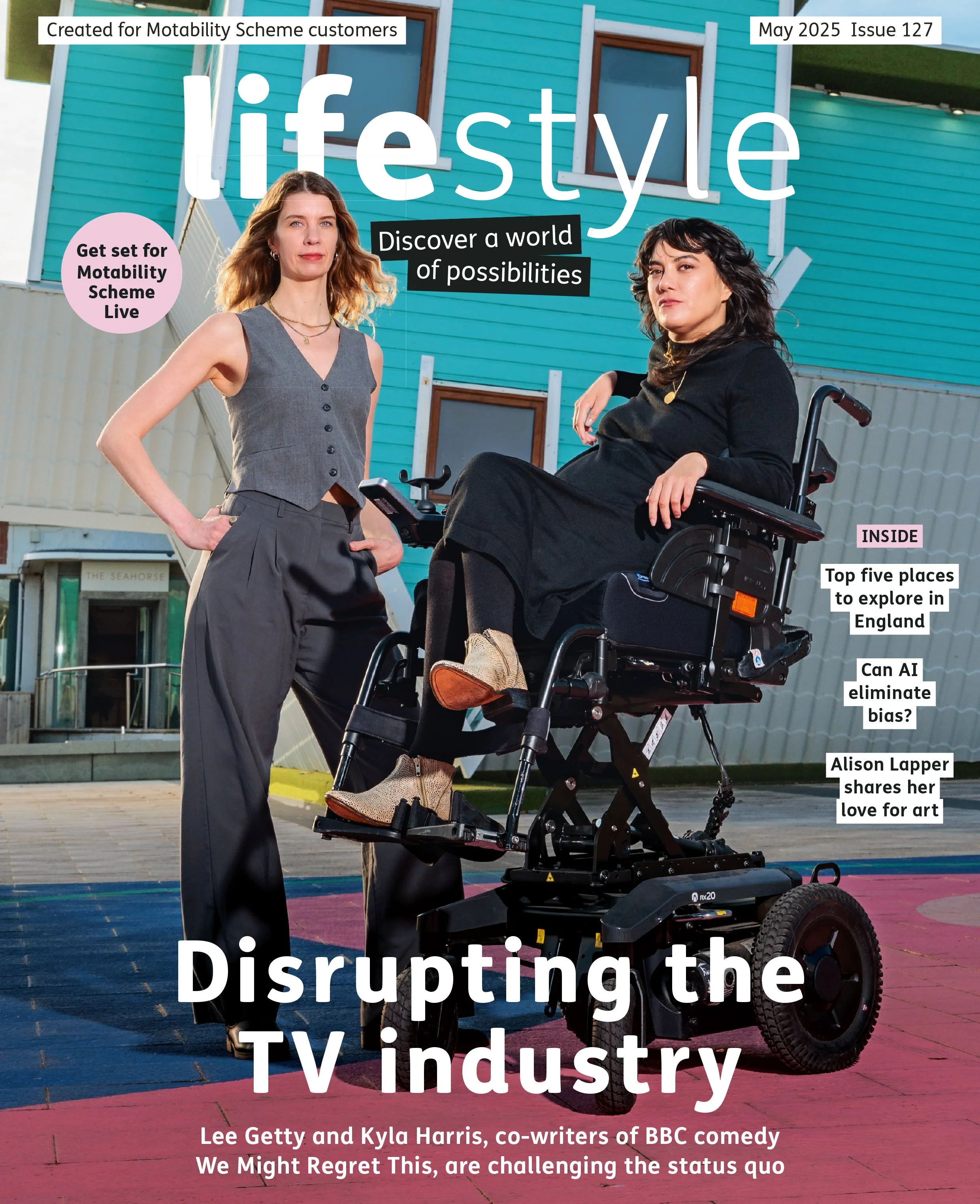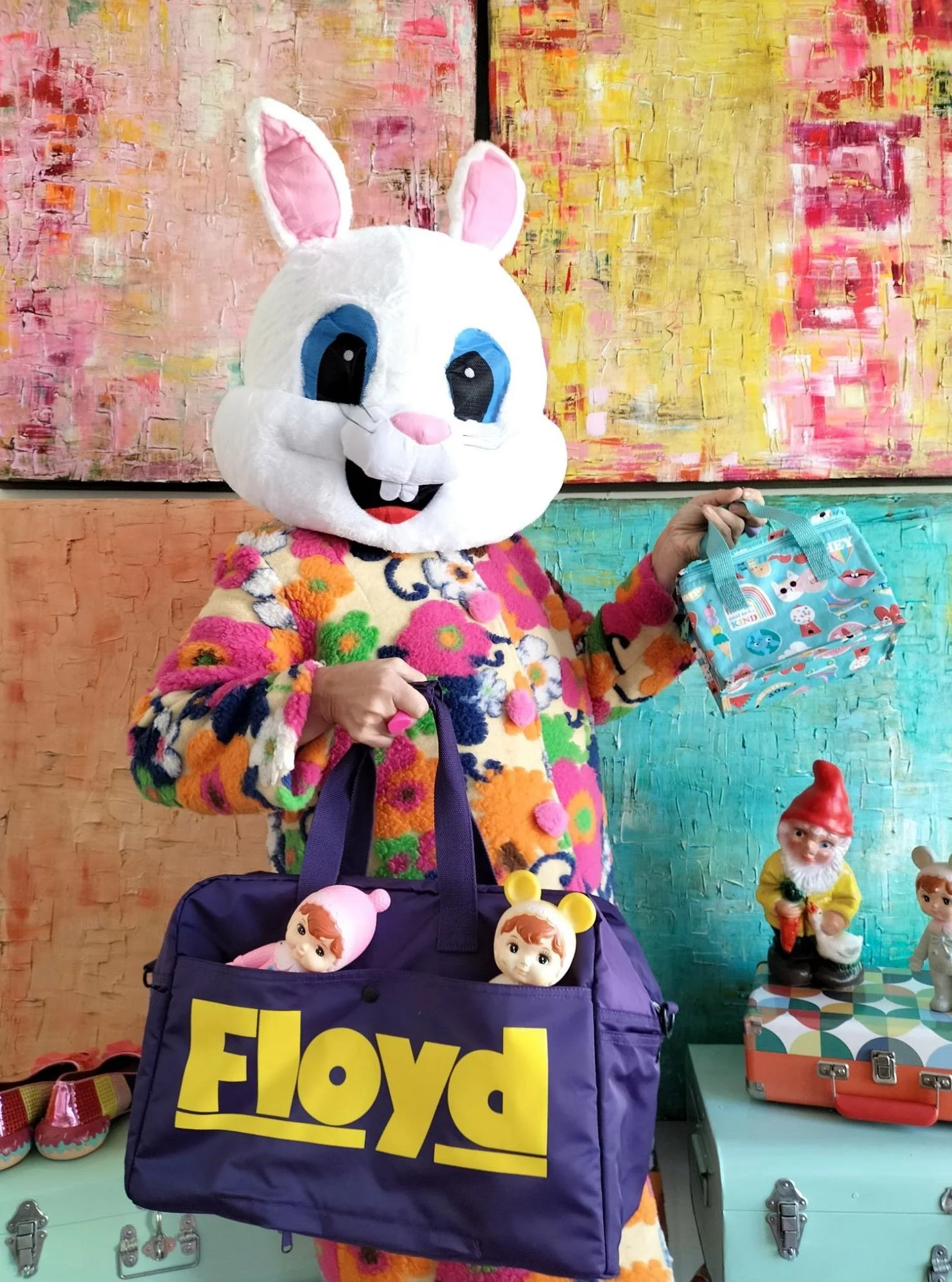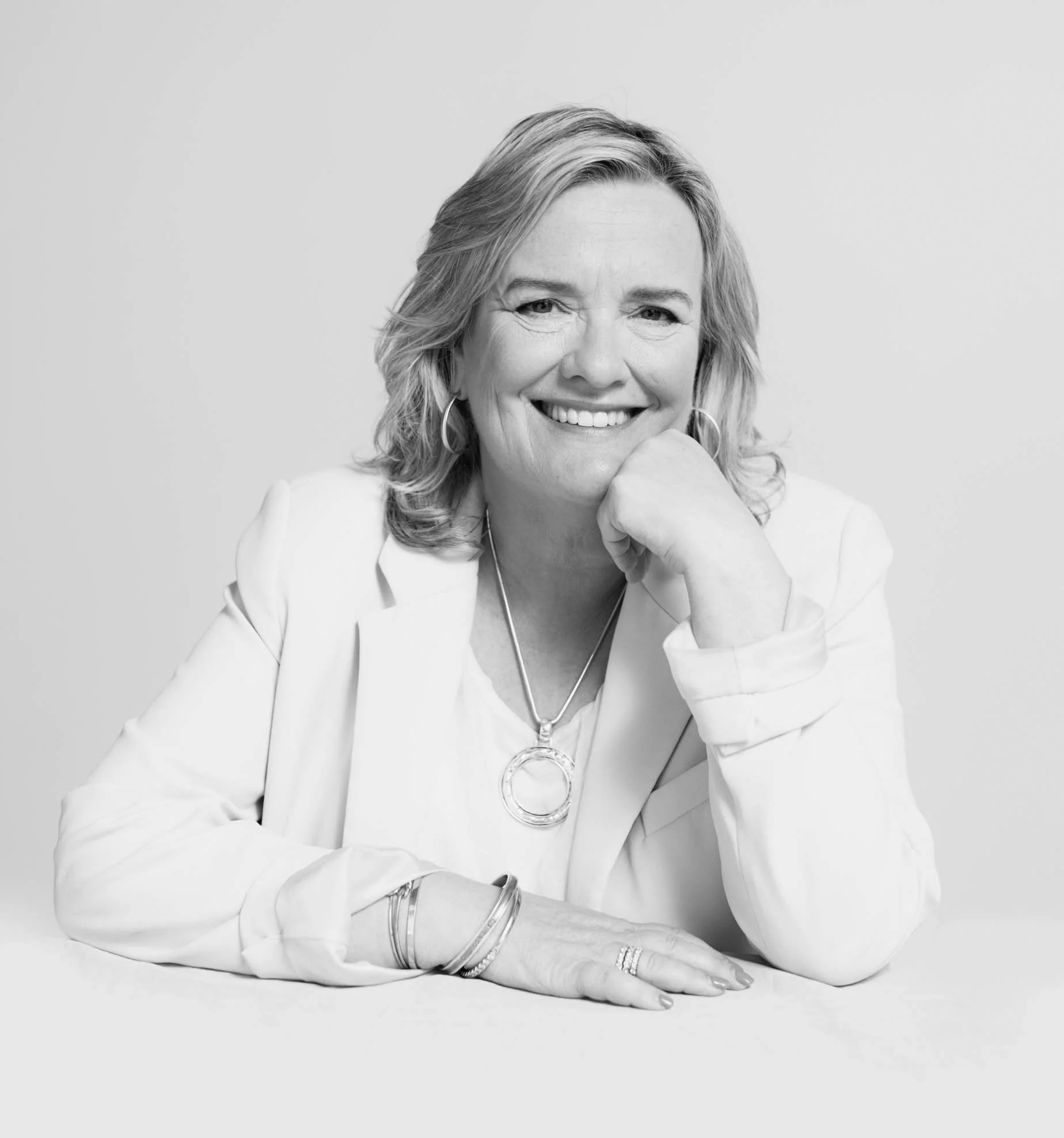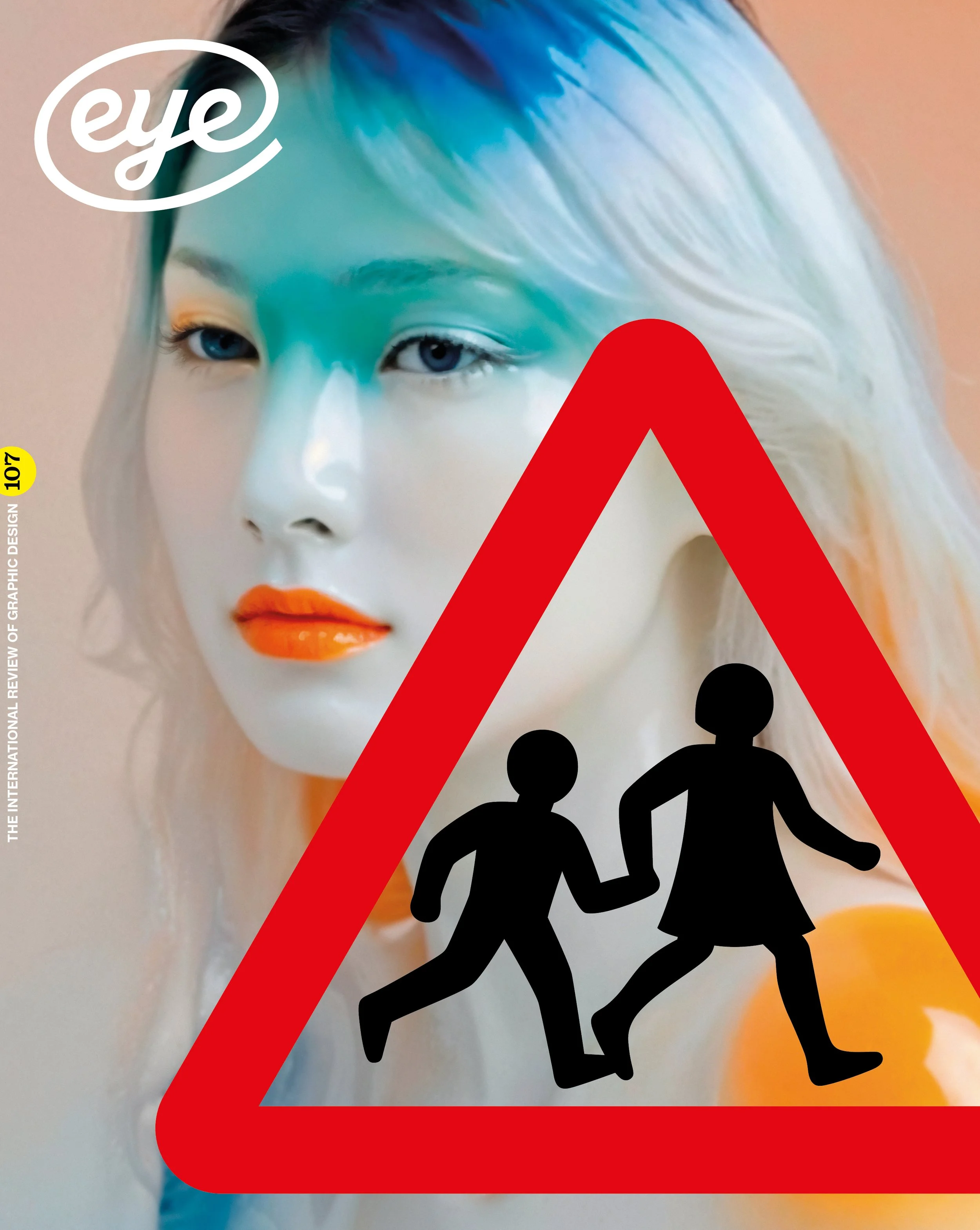BSME Editors’ Editor 2025 shortlist
We are pleased to announce the shortlist of the Editors' Editor 2025 category. The winner will be voted for by BSME members and entrants to the BSME Awards 2025. If you are a member or an entrant, you will soon receive an email with a link to the voting page. If you would like to become a BSME member, please see our membership page.
The shortlist for the 2025 Editors' Editor is (nominees appear in alphabetical order by surname):
VOTING IS NOW CLOSED
Catherine de Lange
Editor
New Scientist
I’ve been with New Scientist for a decade, having started as an intern, and feel privileged to now lead this extraordinary team. As a science journalist, it feels like I have the best job in the world. Where else could you cover the end of the multiverse and the origins of the anus in the same issue?
But science journalism faces real challenges. Anti-science rhetoric is growing, misinformation is rife, and AI-generated content threatens quality. In this noisy landscape, New Scientist remains a trusted voice. My focus this year has been on evolving our legacy brand to meet the demands of a digital world and reach broader, more diverse audiences.
I am proud of what we’ve achieved. We’ve become digital-first, launching new columns in health, neuroscience, physics and maths that resonate with online readers. Our revamped social strategy helped us surpass 1 million Instagram followers and over 10 million across platforms. We relaunched our podcast with a fresh format, growing its audience by 33% and reaching #1 in the UK science charts. Filming it for social and YouTube has made it our most popular video content.
Other digital innovations include interactive puzzles, subscriber-only newsletters, and a PDF viewer requested by readers. Building strong editorial relationships with Apple News has radically expanded our global reach.
Editorially, we have had another agenda-setting year, from exposing the UK science tech secretary’s use of ChatGPT for policy advice via a precedent-setting FOI, to challenging claims of dire wolf “de-extinction.” I am especially proud of our health coverage which has tackled under-reported issues like autism in girls and brought a science angle to widely-appealing subjects like skin health—two of our best-selling issues.
Print remains strong, outperforming the newsstand, with beautiful covers and a hugely popular new bookazine series. Our annual New Scientist Live event welcomed 25,000 visitors and became our most financially successful yet, and our scientific tours business is thriving.
This is just the start. As we approach our 70th anniversary, I’m committed to ensuring New Scientist remains relevant, rigorous and inspiring. Science is for everyone—and it has never been more important.
Hardeep Matharu
Editor-in-chief
Byline Times
I have been the Editor, and now Editor-in-Chief, of Byline Times – an independent, investigative free news site and monthly paid-for print edition, since its inception in March 2019.
In just six years, it has established a unique position in the independent media sector, covering ‘what the papers don’t say’ – while achieving substantial recognition within the established media industry.
Its work has been quoted in Parliament, referenced by the BBC and the Guardian, and its fearless investigations – into issues such as Russian interference in democracy, the PPE procurement scandal, and former GB News presenter Dan Wootton – have held up a mirror to the political-media class itself, ahead of the curve and where others are unwilling to tread.
I am proud that Byline Times punches above its weight.
More than 25,000 subscribers to the monthly edition fund its journalism, and its initial subscription success led to a retail launch in 2023 – with 16,000 copies now delivered to shops, despite pressures in a changing media landscape increasingly powered by tech.
Its mix of national and international-level investigations and reporting, and pluralistic analysis examining ‘why’ things are happening, distinguishes it from other independent media organisations focused more hyper-locally or on commentary.
Having started my career as an award-winning local news reporter and editor, I bring that on-the-ground regional newsroom skill-set, combined with the rigour of my law degree, to my role. I have always seen being a journalist as a privilege, and cultivate an ethos of open inquiry and independence of mind at Byline Times. Not telling readers what to think, I aim to build a relationship of respect with them ‘on the level’.
I have spoken at the LSE, Oxford and Loughborough Universities, the Hay Festival, on the BBC and Channel 4, and been featured in Country and Townhouse magazine. I sit on the board of the Common Cause Foundation’s ‘Values in the Media’ project, and am a judge of the annual Orwell Society/NUJ Young Journalists Award.
The one quality I bring to Byline Times above all else, which I believe we need more of everywhere, is curiosity (about everything).
Paul McNamee
UK Editor
Big Issue
It’s a very pleasant surprise to be nominated for this. Clearly, as it’s by your peers it means you’re doing something right and it’s noted. The reality is that titles are created by teams for publics. The editor is a focus, but ultimately, it is others who make the title soar.
This is keenly felt at Big Issue. I’ve been lucky enough to be editor for a good number of years. I have adapted content and design over the years, grown teams and, I hope, developed young talent. I’ve have worked through digital changes, through Covid, through a wildly changing market where the idea of paying for a paper product has become almost outmoded. But through all that, foundational facts remain. Big Issue is a title used by the poorest in society, those marginalised, ignored and impoverished to make a living. So, every week, we must find ways to make this title sing, to make it something that the public will pay money for. Because if we don’t, people are not going to have brass in pocket. And then, their life outcomes go downhill. That is quite a sharpener.
There are two immediate audiences – our vendors and then the public. Both need to be considered when we work to get that cover right, every week. Daily, online, there is a different demographic, and that is ever harder to reach as AI overviews dragnet the value of SEO. It takes the attention and diligence of a great young team to produce much more of high, sticky quality than their numbers suggest. We have developed our social reach well too, as social impact shifts, and we continue to adapt to make newsletters work. We have retooled offerings to make subscriptions bring cash back to individual vendors. All is interconnected.
Key to what I try to do is keep looking to first principles – who it’s for, what we’re trying to say, giving platform to the marginalised; don’t preach, don’t be dull.
It means we can give over the entire Big Issue one week, across platforms, to young people with learning difficulties who are not going to get such an unalloyed opportunity in any other title. We can do the same for under 18s who will genuinely tell the world about their hopes and fears and good ideas for the future, without the filter of others telling them how to think. We can bring in somebody as genuinely on the outside as 10Foot, to guest edit, to bubble through fresh thinking and a fresh audience, to discuss what it means to properly live beyond the norm. This is also a good way to bring new revenues at a time of stuttering incomes across the industry – where display advertising is circling down. Being a commercially minded editor is vital at Big Issue.
Through it all, we can challenge the limitations of society that keeps those at the bottom fearful and in need and we can advocate on their behalf for life-impacting change. And interviews – such great, smart, inciteful interviews. People trust us. It brings access, and benefits reader, subject and vendor.
There are a couple of magbooks, some books (based around our Letter To My Younger Self interviews) and other related projects.
Big Issue must always adapt. That will not change. I’m happy to play a part.
Jonathan Nunn
Editor
Vittles
I started Vittles as an online newsletter five years ago in March 2020, as a response the pandemic. The aim was to platform people who felt shut out of the mainstream of British food media, either in terms of who they are, or the subjects they wanted to write about. In those five years, Vittles has grown into an editorial team – now made up of Sharanya Deepak, Rebecca May Johnson, Adam Coghlan, Odhran O’Donoghue and me. As a team, we have platformed over 500 writers and illustrators, many of whom had never written about food before, or had never written professionally at all. We’ve published memoirs, profiles, investigations, polemics, poetry, short stories, short films, guides and lists, alongside our staples of recipes and restaurant reviews. If there’s one thing I hope we’ve shown, it’s that ‘food writing’ isn’t really a genre, but an amalgam of many different things that just happen to be related to food (and often, not really about food at all). This year, we also moved into print and published out first magazine (the second issue is forthcoming). While we have benefitted from a new media landscape where newsletters can be profitable, we want print to become a permanent part of our future and to be part of a thriving independent print landscape. In that sense, I have perhaps proved to be more old-fashioned than I initially thought.
Sophie-Marie Odum
Editor
Motability Lifestyle
Thank you for the nomination. It’s an honour to be recognised for something that I truly enjoy.
Since becoming editor of Motability’s customer magazine – Lifestyle, I’ve transformed it from a print title solely for customers into a brand that strives to represent the wider disability community, delivering beyond my client’s expectations.
Diversity, equity and inclusion is extremely important to me, which is why I enjoy working on Lifestyle. Recognising that print is not accessible for all, I created The Motability Lifestyle Pod – an uplifting, feel-good podcast for everyone. It’s hosted by presenter and disability advocate Samantha Renke and myself. It’s available as audio on all major streaming platforms, and as video with captions and British Sign Language (BSL), plus full transcripts. To my knowledge, the Pod is the first ever accessible podcast and vodcast. It was also featured on British Airways long-haul flights, broadening our reach to an international audience. With an engaged audience on Instagram and TikTok, too, Lifestyle has become a truly inclusive brand for all.
In the mainstream media, the disability community can be often patronised and disregarded. But Lifestyle celebrates what our audience can do, rather than focusing on what they can’t. We create authentic content that engages and champions our readership, and we put ourselves and the heart of the community. One way we do this is by our reader panel – who suggest content ideas and participate in the development of features.
Lifestyle seamlessly combines lifestyle topics and important need-to-know Motability news. We don't shy away from difficult subjects either, such as living with trauma and surviving domestic abuse. The purpose of Lifestyle is to always inform, empower and inspire. For the magazine, we commission highly talented writers and illustrators from the community, and our design follows Mencap guidelines.
Reader feedback demonstrates that Lifestyle is highly regarded and suitable for all – disabled or not.
This year, we launched Lifestyle online, a dedicated microsite, which features magazine content, plus extra stories. This took lots of planning and consulting with stakeholders, readers and the wider community, to ensure it’s truly accessible and right for our audience. Lifestyle is leading the way in creating accessible and inclusive content.
Maranda Pleasant
Editor-in-chief
ORIGIN MAGAZINE
Ah, editors, you love them and you hate them, always ranting about deadlines, photo quality, and juggling too much; and we're never really NOT working. I'm not sure how I feel about awards, but I do know it's one of the most challenging jobs: championing print, analogue, and the tangible in a world dominated by screens and noise. For those who still believe in unsponsored content, honest reviews, and unbiased journalism, we're a rare breed, and it's stellar to be among you. Here's to pulling off the impossible every month, putting out fires, managing designers, and navigating the complexities of working with printers. It's enough to make you crazy, but we love the work, the art, and the process of creating. Here's to supporting artists, makers, and creators, and pulling for the underdog and underrepresented.
Louise Robinson
Editorial Director
Saga Magazine
My love affair with magazines began over half a century ago when I was first introduced to Twinkle. It was a brilliant first relationship but soon I was ready to move on with Judy, Mandy, Jinty and, of course, Bunty. As a teenager it was all about Jackie, Diana, Blue Jeans and Pink, while at uni it was Cosmo, The Spectator and Private Eye. On my travels Time and Newsweek kept me informed about world events at a time when mobiles were a twinkle in Apple's eye.
Magazines have been informing and entertaining me at every stage of my life, and now here I am at the age of 61 editing Saga Magazine - the UK’s biggest subscription magazine for the over 50’s. I have had some wonderful jobs in my nearly four decades in journalism including 15 happy years as editor of S Magazine, the Sunday Express supplement, and a hugely enjoyable stint at the helm of a glossy cruising magazine, but Saga is quite simply the best. It has been the privilege of my career to lead a brilliant team through the transformation from a print magazine to the multi-platform content brand we are today - with an award-winning magazine, a website which attracts 1.3 million visitors a month, newsletters reaching 1.2 million a week and a strong presence on Apple News. Saga’s readers encapsulate everything I love about magazine readers when you get it right as an editor: they’re passionately engaged - and engaging; they point out when they love something we’ve done (and aren’t shy to write when they don’t), they see themselves as part of a wider Saga community, and many view our content as their window on the world, informing, inspiring and entertaining them in just the same way as I was captivated by Twinkle magazine all those years ago.
John L. Walters
Editor
Eye
I love editing Eye: the international review of graphic design. Every day is different, and I get to meet and / or work with wonderful designers, writers, photographers, illustrators, graphic artists and type designers. We have a terrific (small) team that makes the mag, and great support from readers, subscribers, retailers and (especially) loyal advertisers. Next April (2026) Eye celebrates eighteen years as an independent magazine.
Siobhan Wykes
Editor-in-chief
best, Inside Soap, Digital Spy
There is no bigger honour than being recognised by your peers - journalists I have huge respect for, especially when it comes to inventiveness and authenticity when they are creating content that speaks to their readers. This year, the team reinvented best magazine as a 'weekly monthly' for smart, savvy, money-conscious readers. The 'weekly date with their best mate' became a 116 page magazine at a higher cover price than the rest of the classic weekly market with columnists unafraid to say what is on their minds - Carol McGiffin, Ann Widdecombe and Vanessa Feltz or as we prefer to call them 'The Three Wise Mouths.' We also made Treats Under a tenner and money saving tips a staple part of the magazine. The risk worked and we have added to our print profits on the newstand. We have proved we are NOT just a magazine but have spun out to include a successful YouTube channel and podcast for Over 50s who (like me) found themselves 'Suddenly Single'. To date, it has been seen by 10 million people both male and female and the last three months has seen revenues increase by 1000 per cent. We also launched a range of spin off bookazines, called Living Legends - unsurprisingly our Oasis offering was a huge success - proving yet again that print is not dead, simply constantly reinventing itself in the best way it can (pun intended)!
Disclaimer: The views stated on the statements above are those of the individuals and not the BSME.
